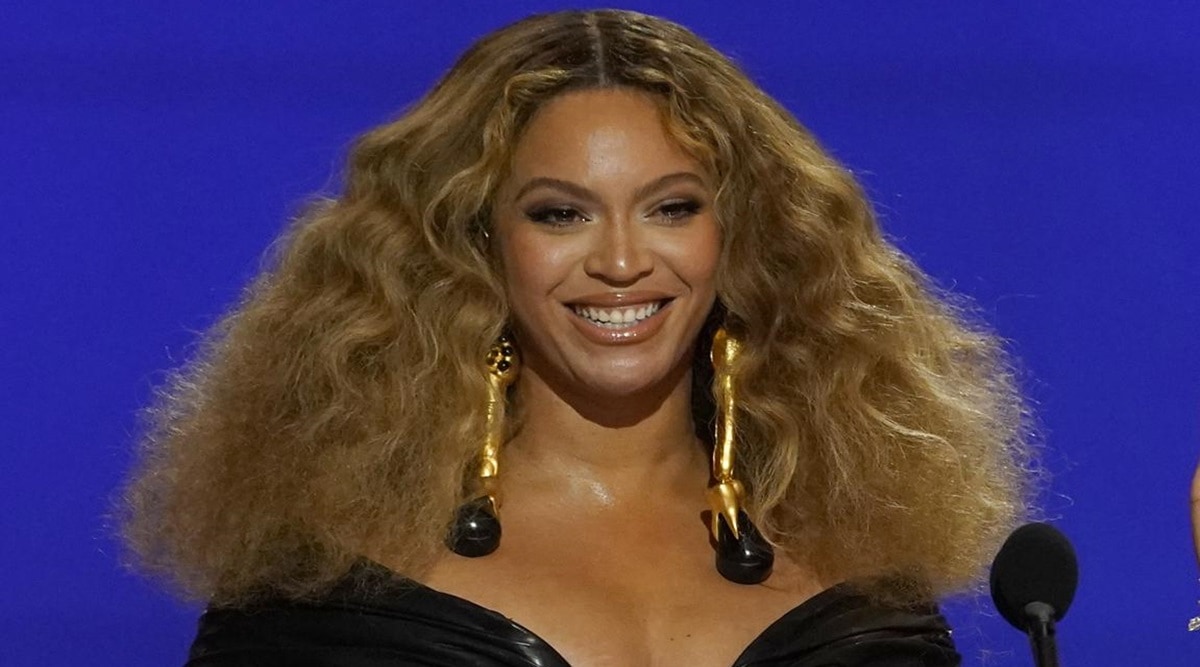The unrest continues in Georgia for the fourth consecutive night, with protesters and police exchanging fireworks and tear gas, respectively. The disturbances, triggered by suspended EU membership talks, have expanded beyond Tbilisi.
On Sunday evening, demonstrators gathered on Rustaveli Avenue, equipped with gas masks and displaying Georgian and EU flags, Sky news reported.
“I’m here for a very simple reason, to defend my European future and the democracy of my country,” said protester Nikoloz Miruashvili.
- Advertisement -
Why the protest started?
Georgia, home to 3.7 million inhabitants, has experienced heightened political discord between the governing Georgian Dream party and its critics. The opposition contends that the administration is implementing increasingly autocratic policies whilst moving away from Western alignment and towards Russian interests.
The crisis deepened when Prime Minister Kobakhidze announced a three-year delay in EU accession talks, citing EU “blackmail”. Critics suggest the government is adopting an increasingly authoritarian stance and seeking closer relations with Russia rather than Europe, CNN reported.
The European Parliament’s resolution criticising the Georgian Dream party and condemning recent elections prompted the talks’ suspension. Opposition groups allege Russian interference in the election process, including voter intimidation and ballot manipulation.
President Salome Zourabichvili told Sky News: “They [protesters] saw this election stolen from them and since then, there is no recognition of the legitimacy of the parliament, where no opposition party has entered. It’s a one rule parliament, not legitimate, not recognised by our democracy partners.”
Despite constitutional commitment to EU membership and strong public support, protests have spread across Georgia. Interpress reported blockades at Poti’s port, while demonstrations occurred in eight locations nationwide. Numerous diplomats and civil servants have contested the legality of suspending EU talks.
Prime Minister Kobakhidze has rejected US criticism regarding excessive force against protesters. Russian security official Dmitry Medvedev suggested via Telegram that Georgia faces a revolutionary situation, drawing parallels with Ukraine’s situation.
The tensions recall the 2008 Russian-Georgian conflict over South Ossetia and Abkhazia.
‘Georgia moving towards dark abyss’
- Advertisement -
Russian authorities are monitoring the situation intently. Former president and security official Dmitry Medvedev commented on Telegram about what he perceived as an attempted revolution, stating “moving rapidly along the Ukrainian path, into the dark abyss. Usually this sort of thing ends very badly.”
Moscow has not yet issued an official statement regarding Georgia’s current situation. However, they have consistently accused Western nations of instigating revolutionary movements in former Soviet territories that Russia continues to consider within its sphere of influence.
‘Foreign interference unacceptable’
Numerous diplomats and civil servants have endorsed open letters contesting the legality of halting EU discussions, noting that EU membership aspirations are constitutionally mandated in Georgia. Kobakhidze acknowledged that several high-ranking diplomats, including the ambassador to Washington, had stepped down.
In an official response, Georgia’s foreign ministry declared that attempts by foreign nations to “interfere in the functioning of the institutions of a sovereign state” were unacceptable.
Following the Soviet Union’s dissolution in 1991, Georgia has predominantly oriented itself towards Western alignment whilst attempting to reduce Russian influence, despite losing a short conflict with Russia in 2008. The nation received assurances of future NATO membership and achieved EU candidate status in the previous year.
Western governments and internal opposition groups have expressed growing unease about Georgian Dream’s trajectory, despite the party’s rebuttals of changing course. The government implemented legislation in June requiring NGOs receiving over 20% foreign funding to register as “foreign agents”. Additionally, parliament endorsed legislation in September restricting LGBT rights.





